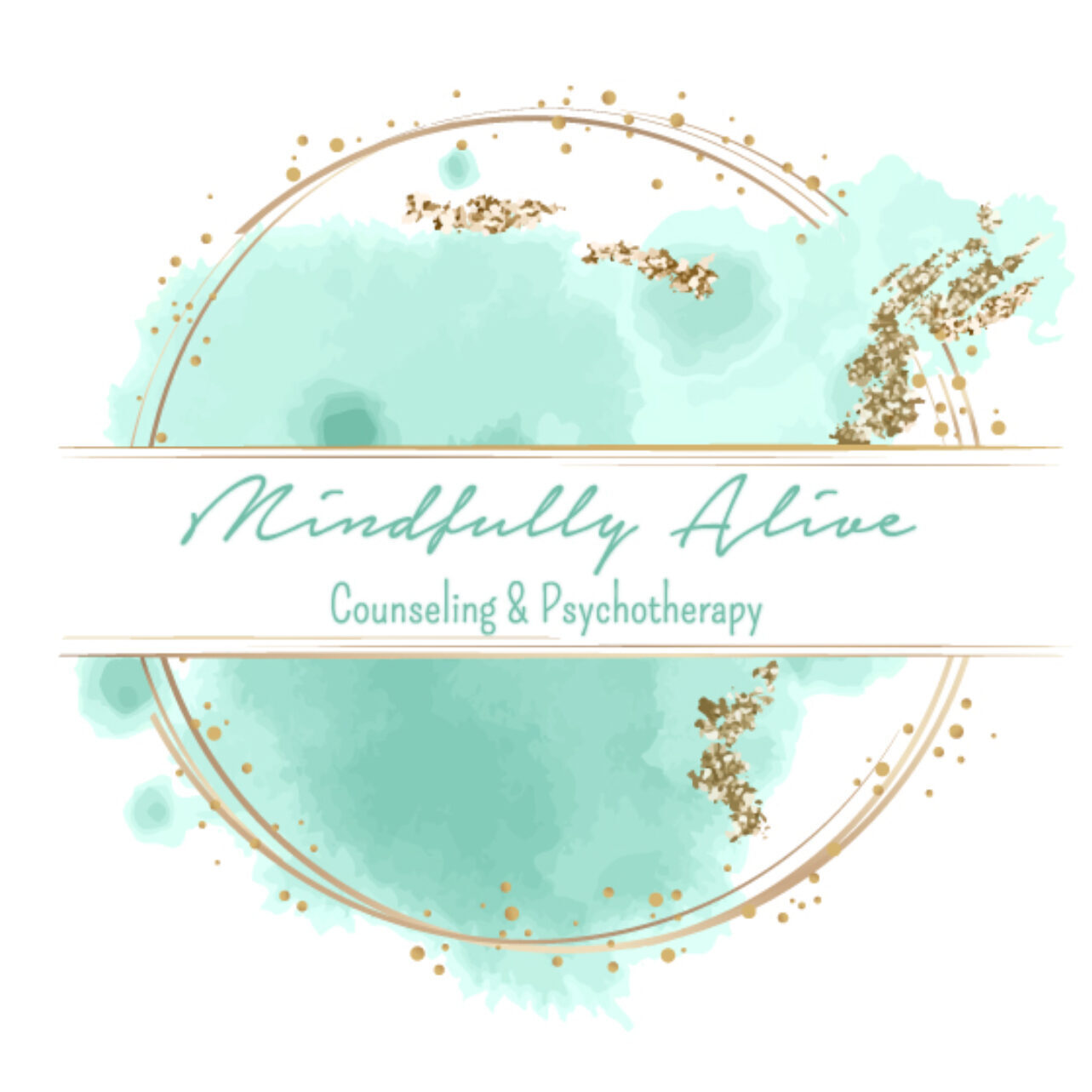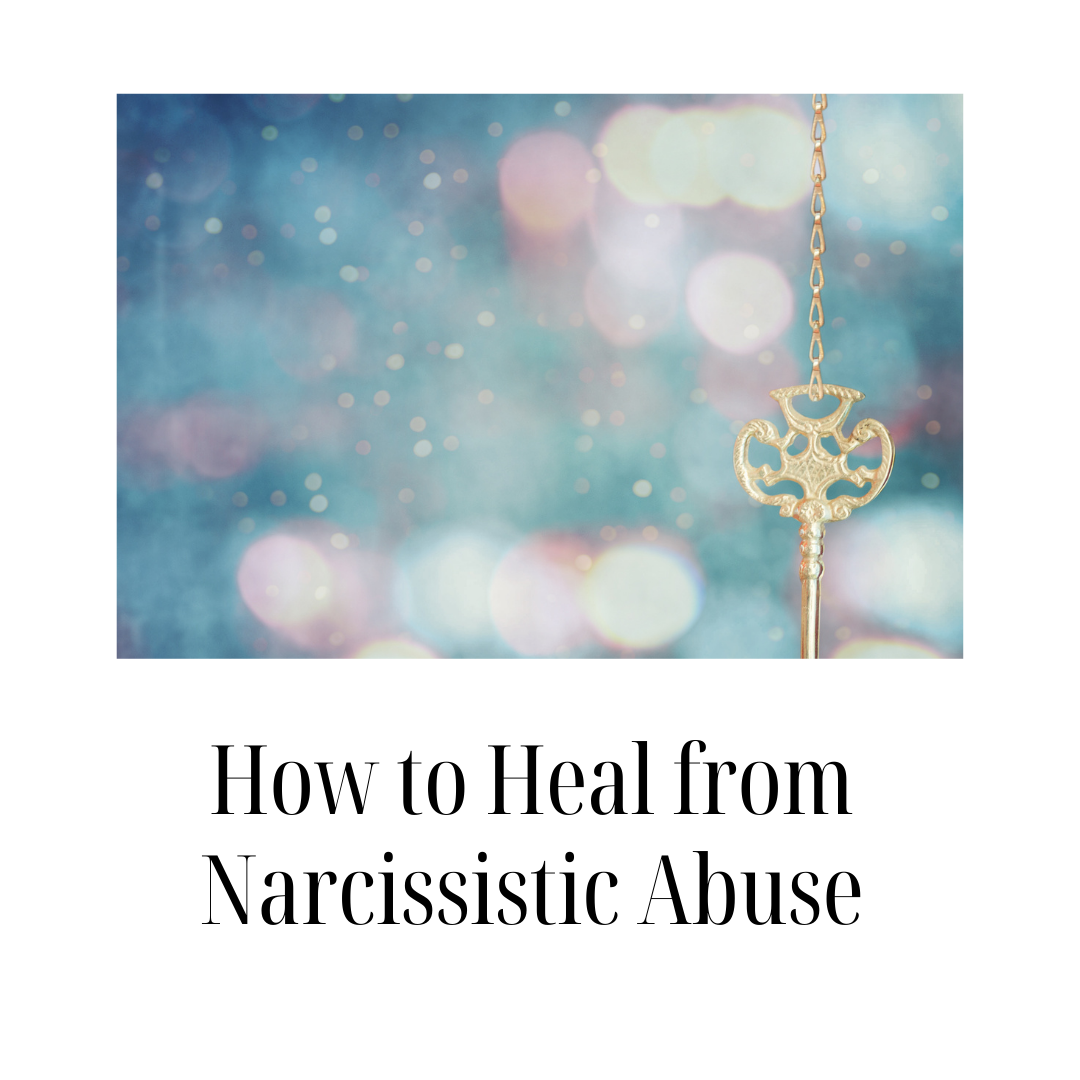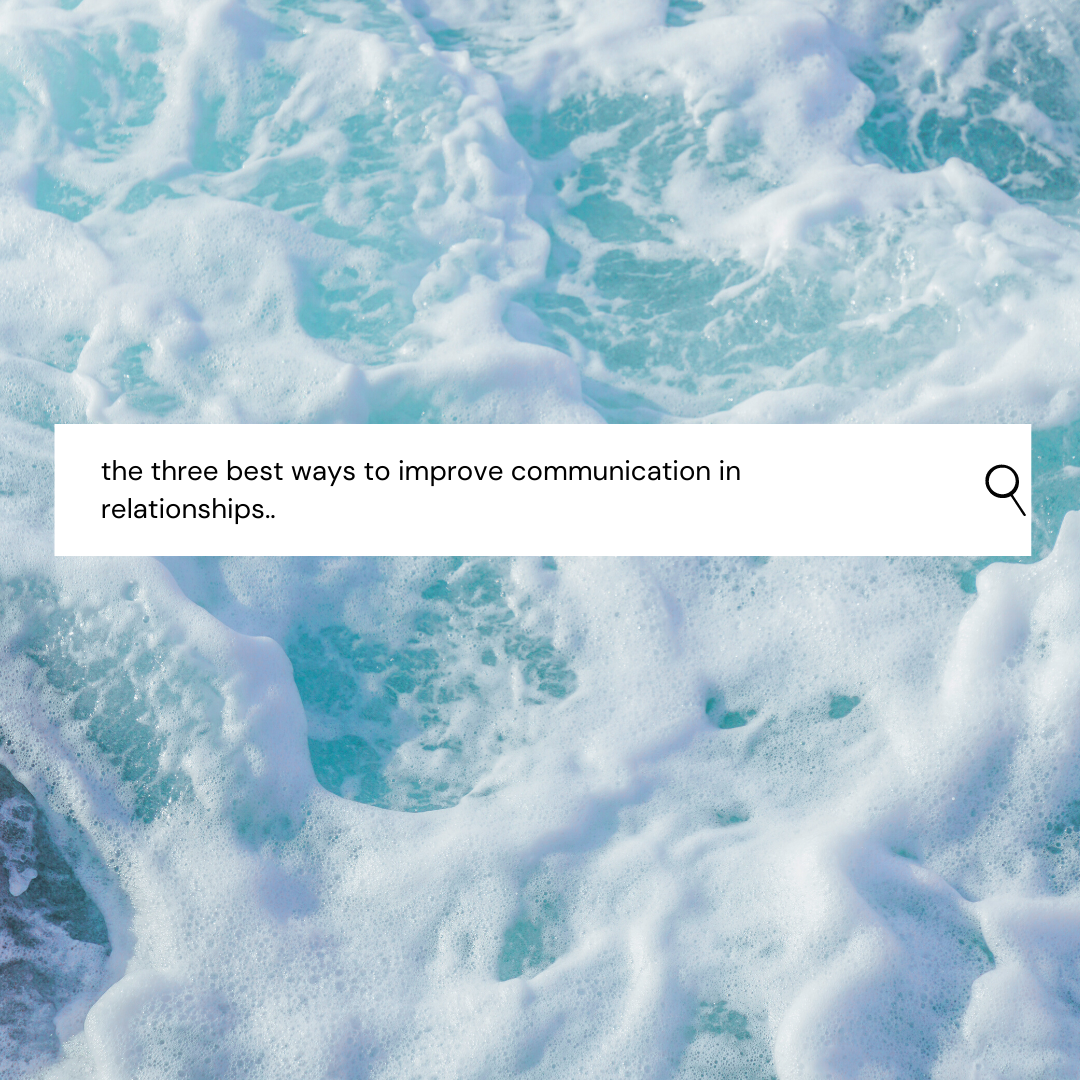 Boundaries are extremely important in our relationships, and at the same time extremely difficult to navigate. Boundaries are defined as: expectations and needs that help us feel safe and comfortable in our relationships. Setting and living by expectations in relationships help us stay mentally, emotionally, physically and spiritually well. Learning when to say no and when to say yes is an essential part having mutually fulfilling and reciprocal connections with the people in our lives.
Boundaries are extremely important in our relationships, and at the same time extremely difficult to navigate. Boundaries are defined as: expectations and needs that help us feel safe and comfortable in our relationships. Setting and living by expectations in relationships help us stay mentally, emotionally, physically and spiritually well. Learning when to say no and when to say yes is an essential part having mutually fulfilling and reciprocal connections with the people in our lives.
Do you have a boundary issue?
- Do you often feel overwhelmed in your relationships?
- Do you feel resentment toward people asking for your help?
- Do you frequently feel taken advantage of, annoyed, irritated or bitter towards others?
- Do you avoid interacting with people who you think will be asking you for help?
- Do you feel burnt out?
- Do you often feel like running away and disappearing?
- Do you sarcastically make comments about helping people and getting nothing in return?
- Do you not have any time for yourself?
- Do you feel guilty saying no?
- Do you feel obligated to live up other people’s expectations?
- Do you feel sad or guilty if you’re disappointing people?
- Do you feel like you have to respond to emails, texts or calls right away?
- Is the comfort/ease/happiness of the other person super important to you?
How did we get here?
 Challenges around setting boundaries originate, like most things, from the way we were raised. In our family systems, we all operated under certain unspoken rules and unspoken expectations. Every family is an ecosystem in which every member has a role. This encompasses how much power an individual holds, as well as their responsibilities and their impact on the other members of the family. These early family roles range on a scale from healthy to unhealthy, and impact the entire family system.
Challenges around setting boundaries originate, like most things, from the way we were raised. In our family systems, we all operated under certain unspoken rules and unspoken expectations. Every family is an ecosystem in which every member has a role. This encompasses how much power an individual holds, as well as their responsibilities and their impact on the other members of the family. These early family roles range on a scale from healthy to unhealthy, and impact the entire family system.
It’s likely that if as adults, we have difficulty knowing how to negotiate our boundaries, we were raised in family systems that perpetuated certain faulty beliefs. What’s more, is that we may have experienced negative consequences from having needs, expectations, a voice; likely, somewhere along the way, there was a negative experience around “rocking the boat”.
According to New York Times Bestseller author and therapist, Nedra Glover Tawwab, the number one reason that people avoid setting boundaries is the fear of someone getting mad at them. What would happen to you as a child if someone with more power than you (a parent, a teacher, or some other powerful adult) got mad at you?
I have been a therapist for 14 years. Over this time, I have not only found common patterns in my clients’ experiences, but I also experienced my own challenges with setting boundaries. What I have learned in this time is that as humans, we have certain experiences, we adjust, “move on”, innately learn from those experiences and then we never look at those things again. UNTIL, life situations MAKE us HAVE TO reflect on: “how did I learn to neglect my own needs so much?” “how come other people seem to be able to ask their loved ones for what they need so easily?” “What happened to me that makes saying no to a request I don’t want to do so difficult for me?”
What ultimately makes setting boundaries difficult is operating on faulty assumptions or myths that keep us stuck in resentment, over-functioning or “fixing others”. These beliefs ultimately keep us feeling isolated, drained and lacking true connections with others.
Common myths that keep us stuck:
Myth:
– People should just know how to treat me/what I need because of “human decency”. OR because of how I treat them.
Fact:
– People cannot read our minds and expecting others to treat you the way you treat them will leave you in a “hopeful”/passive place where disappointment will likely grow.
myth:
– Saying no is selfish.
fact:
– Too often, our intentions are so beautiful: we just want to help people. HOWEVER, when our willingness to help EXCEEDS our sustainable ability to help others we have an issue. We do not have unlimited time or energy and once our wish to be there for others directly impacts taking care of ourselves, a boundary is necessary.
Myth:
– If I love them, I have to make them happy.
Fact:
– Loving someone does not mean that you are responsible for their feelings. Happiness is an inside job for every human being. In a healthy relationship, people don’t micromanage or control each other’s emotions, but rather each partner supports the other in their growth and self-actualization.
How to set & maintain a boundary:
 Healthy boundaries are possible when our past doesn’t show up in our present interactions. This requires an understanding of our emotional, mental and physical capacities combined with clear communication.
Healthy boundaries are possible when our past doesn’t show up in our present interactions. This requires an understanding of our emotional, mental and physical capacities combined with clear communication.
Clear communication of your needs through a boundary can sound like this:
“When we have an argument and I can see that your anger is escalating, I will ask that we take a break from the conversation to calm down. I will let you know when I am becoming uncomfortable with your tone”.
How to follow this up with Action:
Once you have communicated your needs through setting a boundary verbally, you must uphold what you communicate through your behavior.
For example, if you set the boundary above, then when that person becomes too reactive in your conversation, you will have to say: “I am now becoming uncomfortable with your tone, and I am going to take a break from this conversation like we discussed before.”
The follow through is our responsibility.
Final thoughts on boundaries
Instead of rigid walls that keep people far away, or no boundaries at all which keeps us estranged from our own identity, we can develop a halfway zone. In this place, we can be intimate with others without losing ourselves. We can learn the value of interdependence (versus taking care of others at one end, and refusing to help at the other). Boundaries are all about balance and proper containment and contribute to the long term success of the relationship by providing clarity and structure. Moreover, boundaries allow both people to feel like equals in a relationship which opens the door to deeper connection through vulnerability and authenticity.
No doubt that setting boundaries when we haven’t been taught how to, or when we learned at a young age that if we do-something terrifying will happen, can be very stressful emotionally. There might even be some pushback, resistance as well as feelings of guilt when we set out to do this. However, the cost of not having healthy boundaries leads to burnout, stress related physical conditions, isolation, anxiety, depression, unrealistic expectations and relationships that are one-sided and unfulfilling.
Work with a therapist who understands the origins and the healing process of boundary work.
 Not only can setting boundaries be a learned skill, at Mindfully Alive we specialize in empowering our clients to feel confident and authentic in their connections to others and to themselves. It is our mission to support the emotional health of our clients and their loved ones.
Not only can setting boundaries be a learned skill, at Mindfully Alive we specialize in empowering our clients to feel confident and authentic in their connections to others and to themselves. It is our mission to support the emotional health of our clients and their loved ones.
In our work together, you will learn how to not take too much responsibility for the emotions or actions of others; you will learn to let people have agency over their own selves, and let yourself experience the freedom that comes from your own agency. After completing the work on boundary setting, our clients have expressed that they don’t let people take advantage of them anymore, they don’t feel responsible for fixing other people’s problems (unless they want to) and they generate their own inner approval and sense of worth.
We will navigate through the best practices on how to manage the inevitable discomfort that comes from setting new boundaries, set and maintain boundaries with family members, friends, coworkers and yourself. Moreover, we may model boundary setting within our own therapeutic relationship and roleplay different scenarios. It is our mission at Mindfully Alive, to provide you with the absolute best in therapeutic treatment. Boundary setting is one of our main specialities and we would be delighted to partner with you on resolving this issue and breaking old cycles.




Be the first to reply